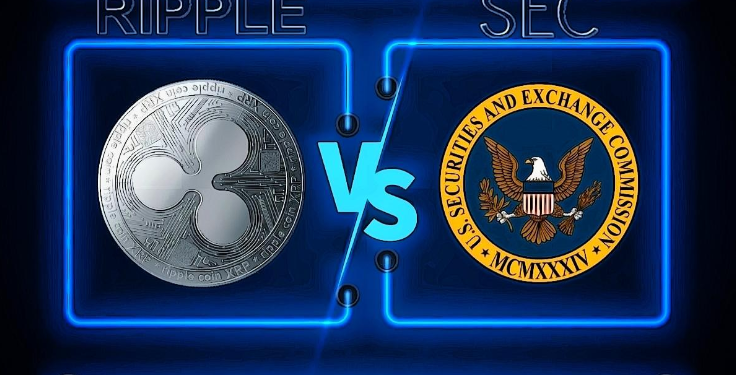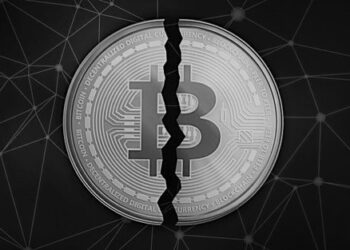The ongoing legal battle between Ripple Labs and the U.S. Securities and Exchange Commission (SEC) has taken a new turn as Ripple fires back at the regulatory body’s recent requests for financial statements and discovery. This high-stakes lawsuit has been closely watched by the cryptocurrency community and traditional financial sectors alike, with potential implications for the broader regulatory framework of the crypto industry.
The crux of the issue lies in the SEC’s assertion that Ripple’s native cryptocurrency, XRP, should be classified as a security, subject to the same regulations as traditional securities. Ripple, on the other hand, contends that XRP is a digital currency and does not fall under the SEC’s jurisdiction as a security. The recent legal proceedings shed light on the intensity of the dispute, with both parties vehemently defending their positions.
The SEC’s latest move involves demanding access to Ripple’s financial statements and other discovery materials. This strategic move aims to strengthen the regulatory body’s case by scrutinizing Ripple’s internal financial data, potentially revealing details that could support the classification of XRP as a security. Ripple, however, has swiftly responded to these demands, challenging the necessity and relevance of providing such extensive documentation.
Ripple’s legal team argues that the SEC’s requests for financial statements and discovery go beyond the scope of the case and are unduly burdensome. The company asserts that it has already provided substantial information to the SEC, maintaining its position that XRP is not a security. Ripple’s pushback against the SEC’s demands underscores its commitment to defending its cryptocurrency’s status and maintaining the autonomy of its business operations.
One crucial aspect of Ripple’s defense strategy is emphasizing the functional utility of XRP within the Ripple ecosystem. Ripple contends that XRP serves as a bridge currency for cross-border payments, facilitating faster and more cost-effective transactions. This utility-driven argument aims to distinguish XRP from traditional securities, highlighting its role as a practical and efficient means of value transfer.
Ripple’s decision to challenge the SEC’s demands is not only a legal maneuver but also a strategic move to protect the broader cryptocurrency industry. The outcome of this lawsuit could set a precedent for how other cryptocurrencies are classified and regulated in the United States. As the crypto market continues to expand, regulatory clarity becomes increasingly important for both industry participants and investors.
The legal clash between Ripple and the SEC has broader implications for the regulatory landscape of cryptocurrencies. The crypto industry has long grappled with uncertainties surrounding regulatory frameworks, and the outcome of this lawsuit could potentially shape future regulatory decisions and guidelines. The crypto community eagerly awaits the resolution of this case, as it could pave the way for a more defined regulatory environment in the United States.
In conclusion, Ripple’s response to the SEC’s demands for financial statements and discovery marks a crucial chapter in the ongoing XRP lawsuit. The legal proceedings not only reflect the intensity of the dispute between Ripple and the SEC but also highlight the broader implications for the cryptocurrency industry’s regulatory future. As both parties continue to present their cases, the outcome of this lawsuit will undoubtedly shape the regulatory landscape and influence how digital assets are classified and regulated in the United States.








